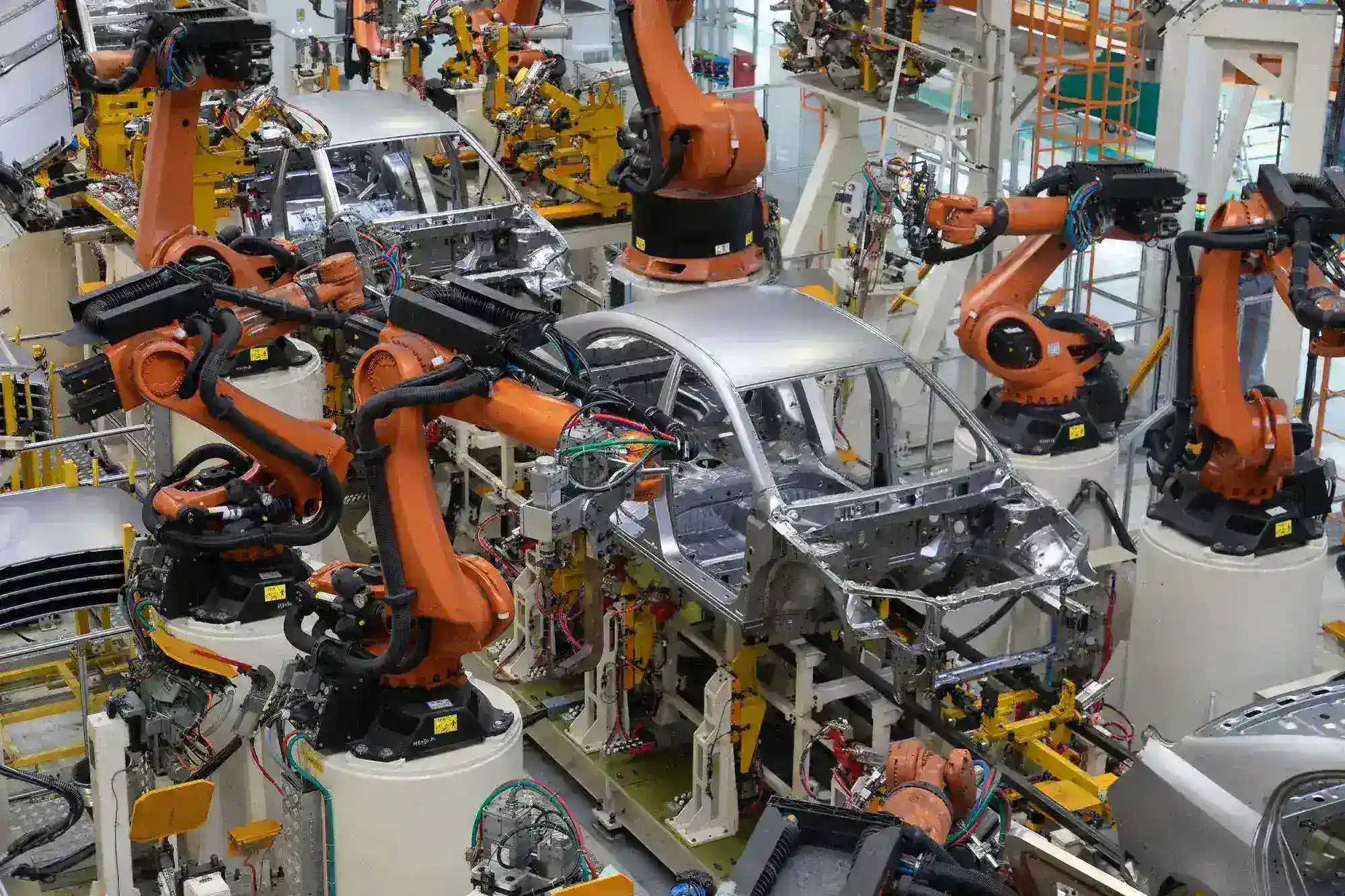Introduction
In an age where technology evolves at a breakneck pace, the integration of Artificial Intelligence (AI) into everyday PCs has become a game-changer, especially in the realm of office security. As businesses increasingly rely on technology to conduct day-to-day operations, understanding the implications of AI-driven PCs on office security is critical.
Understanding AI Integration
AI PCs are equipped with advanced algorithms and learning capabilities that allow them to process data faster and more efficiently than traditional systems. This integration can significantly enhance security measures in various ways.
The Evolution of Office Security
Historically, office security primarily revolved around physical measures like locks, alarms, and surveillance systems. However, as the digital landscape expanded, so did the variety of security threats, necessitating a shift towards more sophisticated digital security solutions.
AI-Powered Threat Detection
One of the pivotal advantages of AI PCs is their ability to detect anomalies in network behavior. By leveraging machine learning, these systems can identify unusual patterns that may indicate a security breach, often faster than human analysts. For example, if a user suddenly accesses sensitive information they typically do not interact with, the AI system can flag this action for further investigation.
Enhanced Incident Response
Beyond detection, AI systems can also improve incident response times. In the event of a security threat, AI can automate responses, such as quarantining affected systems or notifying IT personnel, allowing businesses to mitigate risks swiftly and effectively.
The Role of Data Analysis
AI PCs excel at processing large volumes of data, making them invaluable for organizations that need to analyze historical security incidents. By examining past events, businesses can identify vulnerabilities and predict future attacks, thereby strengthening their security posture.
Predictive Analysis and Threat Intelligence
Through predictive analytics, AI can forecast potential security threats based on existing data. This proactive approach enables organizations to adapt their security strategies accordingly, rather than merely reacting to incidents as they arise.
Challenges and Considerations
While the benefits of AI PCs in office security are numerous, organizations must also consider potential challenges.
Data Privacy Concerns
The implementation of AI in office security often requires vast amounts of data collection. This raises significant concerns regarding data privacy, especially with regulations such as GDPR in place. Businesses must ensure that their AI-driven systems comply with such regulations while still being effective.
False Positives and Trust Issues
AI systems are not infallible. They can sometimes generate false positives, flagging legitimate activities as threats. If employees lose trust in the system due to frequent false alarms, they may be less likely to report actual security concerns.
Real-World Applications
Numerous companies are already reaping the benefits of integrating AI PCs into their security stacks. For instance, leading tech firms have adopted AI-driven security solutions that have significantly reduced their incident response times and improved overall security effectiveness.
Case Study: A Major Financial Institution
Consider a major financial institution that recently implemented an AI-based security system. Following its deployment, the bank reported a 40% decrease in successful phishing attacks and a 30% reduction in security incidents related to unauthorized access.
Future Predictions
As AI technology continues to evolve, so too will its applications in office security. Future AI PCs are expected to become even more adept at understanding context and discerning between benign and malicious activities.
Increased Collaboration Between AI and Human Analysts
Instead of replacing human analysts, future AI systems will likely serve as enhanced tools for them. By providing advanced insights, AI will empower security teams to make more informed decisions.
AI as a Standard Component of Office Infrastructure
In the not-so-distant future, AI integration will become standard practice across all offices. As organizations continue to prioritize security, integrating AI into everyday PCs will no longer be an option but a necessity for maintaining a robust security stack.
Conclusion
The integration of AI into everyday PCs represents a significant advancement in office security practices. While challenges exist, the potential benefits far outweigh the risks, paving the way for a more secure digital future. Organizations that embrace this technology will not only enhance their security measures but also gain a competitive edge in an increasingly digital world.
Call to Action
To ensure your organization is well-prepared for the future of office security, consider evaluating your current security stack and exploring AI integration options today.




